Posts

LA Social Science Rising Scholars Series Featuring Graduate Students in the UCLA Race, Ethnicity, Politics, and Society Lab
LA Social Science visits the UCLA Race, Ethnicity, Politics…
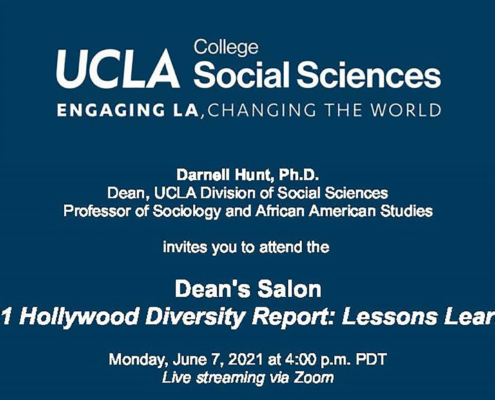
UCLA Social Sciences Dean’s Salon Presents “2021 Hollywood Diversity Report: Lessons Learned” on June 7
Darnell Hunt, Ph.D.
Dean, UCLA Division of Social Sciences
Professor…
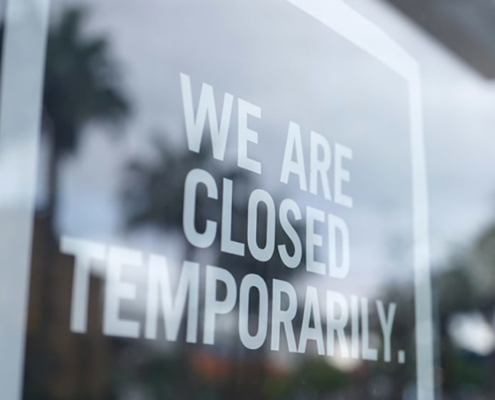
CPL’s New Research Finds Sharp Increase in Share of Unemployed/Under-Employed Workers Who Receive UI Benefits in CA
The UCLA California Policy Lab (CPL) recently released a new…

UCLA Professor Interviewed About COVID-19 Impact on Native American Community
BBC's Newsday interviewed Dr. Desi Rodriguez-Lonebear, UCLA Associate…
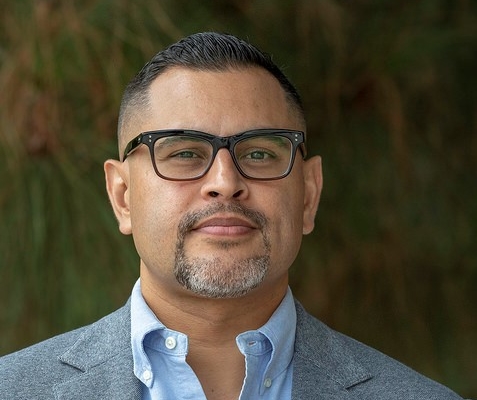
LA Social Science Presents “Conversations with Changemakers” Featuring Dr. Efrén Pérez (Video)
As the Director of the UCLA Race, Ethnicity, Politics and…
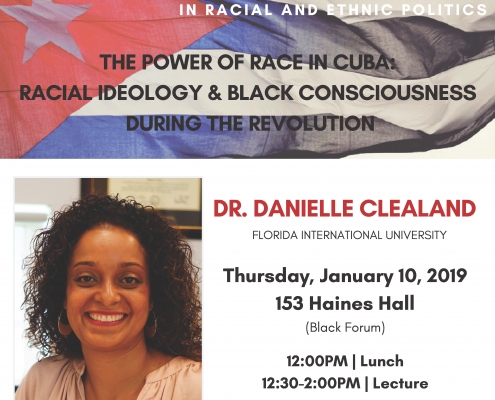
SAVE THE DATE! Mark Q. Sawyer Memorial Lecture in Racial and Ethnic Politics on Thursday, January 10, 2019, 12:00-2:00 PM
***SAVE THE DATE***
The Inaugural Mark Q. Sawyer Memorial Lecture…
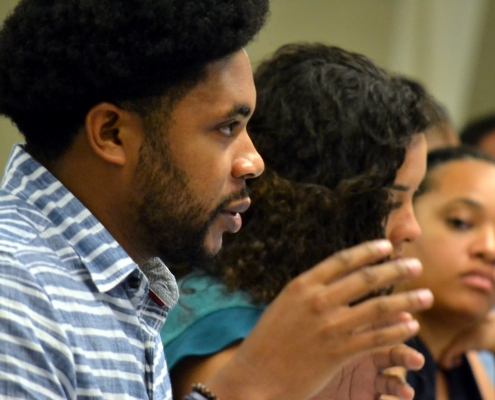
The Collaborative Multiracial Post-Election Survey Welcomes Scholars From Around the Country to UCLA
UCLA looks forward to welcoming a diverse and inter-generational…
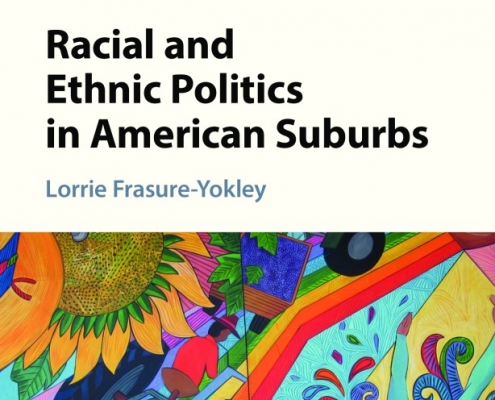
PART 2: “Conversations with Changemakers” featuring Dr. Lorrie Frasure-Yokley
The following interview with Changemaker Dr. Lorrie Frasure-Yokley…
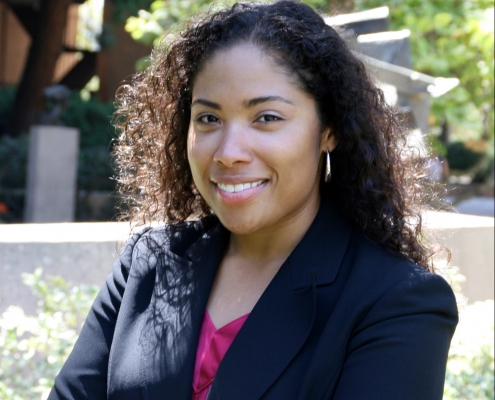
LA Social Science Presents “Conversations with Changemakers” Featuring Dr. Lorrie Frasure-Yokley
Although the academic year is winding down, Dr. Lorrie Frasure-Yokley,…

